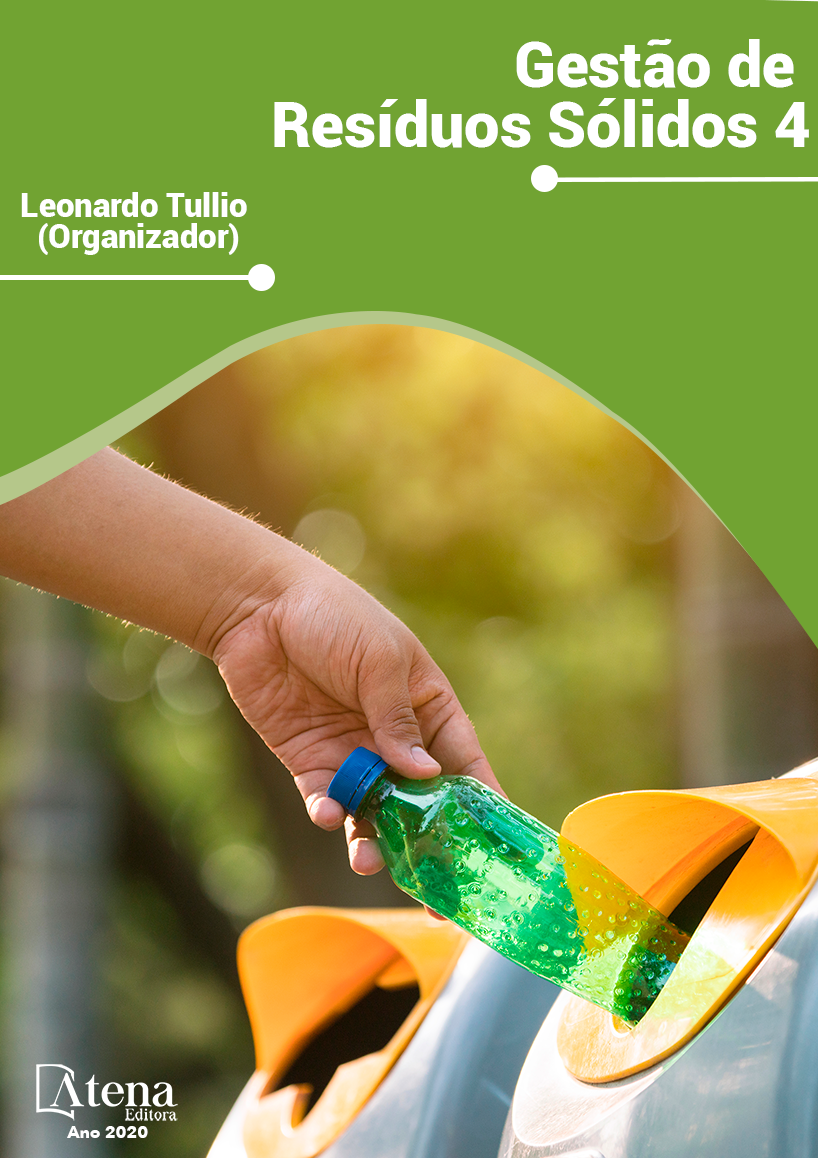
GESTÃO MUNICIPAL DE RESÍDUOS SÓLIDOS DOMICILIARES E INSERÇÃO DE CATADORES DE MATERIAIS RECICLÁVEIS EM CAMPINA GRANDE-PB
A problemática de resíduos sólidos é complexa e atinge de forma adversa os diferentes sistemas ambientais, sociais, econômicos e políticos. Demanda dos poderes públicos tomada de decisão para que os princípios que regem a gestão desses resíduos perpassem as ações humanas cotidianas. Objetivou-se nesse trabalho avaliar a gestão municipal de resíduos sólidos domiciliares em Campina Grande, estado da Paraíba, Brasil, no contexto de inserção socioeconômica de catadores de materiais recicláveis organizados em associação. Os dados foram coletados por meio de acompanhamento do exercício profissional de catadores de materiais recicláveis associados à ARENSA, desempenhado no bairro Catolé, em Campina Grande. Foram realizados três acompanhamentos de novembro de 2019 a março de 2020. Foram aplicadas também entrevistas não estruturadas aos catadores e aos praticantes da coleta seletiva. A implantação do Projeto Recicla Campina no bairro Catolé constitui um importante passo ao alcance dos objetivos delineados no Plano Municipal de Gestão Integrada de Resíduos Sólidos de Campina Grande-PB, há, no entanto, a necessidade de mudanças urgentes, principalmente em relação à assinatura do Contrato de Prestação entre as organizações de catadores de materiais recicláveis e a Prefeitura de Campina Grande, à inserção socioeconômica, ao respeito a identidade e a história dessa associação, ao aumento do número de bairros e de famílias contemplado com a coleta e o transporte diferenciados de resíduos sólidos recicláveis secos e às condições de trabalho e de renda. Os catadores de materiais recicláveis são os principais agentes de transformação da gestão integrada de resíduos sólidos, todavia, as suas condições de trabalho e de vida ainda necessitam de mudanças. São profissionais responsáveis em evitar que toneladas de matéria prima se transformem em lixos, no entanto, no seu fazer cotidiano, a sua emancipação e inserção socioeconômica ainda é uma utopia.
GESTÃO MUNICIPAL DE RESÍDUOS SÓLIDOS DOMICILIARES E INSERÇÃO DE CATADORES DE MATERIAIS RECICLÁVEIS EM CAMPINA GRANDE-PB
-
DOI: 10.22533/at.ed.20620180614
-
Palavras-chave: meio ambiente. resíduos sólidos. educação ambiental. catadores de materiais recicláveis.
-
Keywords: environment. solid waste. environmental education. recyclable material collectors.
-
Abstract:
The problem of solid waste is complex and adversely affects the different environmental, social, economic and political systems. Public authorities demand decision-making so that the principles that govern the management of this waste permeate everyday human actions. The objective of this work was to evaluate the municipal management of household solid waste in Campina Grande, state of Paraíba, Brazil, in the context of the socioeconomic insertion of recyclable material collectors organized in association. Data were collected by monitoring the professional practice of recyclable material collectors associated with ARENSA, performed in the Catolé neighborhood, in Campina Grande. Three follow-ups were carried out from November 2019 to March 2020. Unstructured interviews were also applied to waste pickers and practitioners of selective collection. The implementation of the Recicla Campina Project in the Catolé neighborhood constitutes an important step towards achieving the objectives outlined in the Municipal Plan for Integrated Management of Solid Waste in Campina Grande-PB, however, there is a need for urgent changes, especially in relation to the signing of the Installment Contract between the organizations of collectors of recyclable materials and the City of Campina Grande, the socioeconomic insertion, the respect for the identity and history of this association, the increase in the number of neighborhoods and families contemplated with the different collection and transportation of dry recyclable solid waste and working and income conditions. The collectors of recyclable materials are the main agents for transforming the integrated management of solid waste, however, their working and living conditions still need changes. They are professionals responsible for preventing tons of raw material from becoming waste, however, in their daily work, their emancipation and socioeconomic insertion is still a utopia.
-
Número de páginas: 27
- Monica Maria Pereira da Silva


